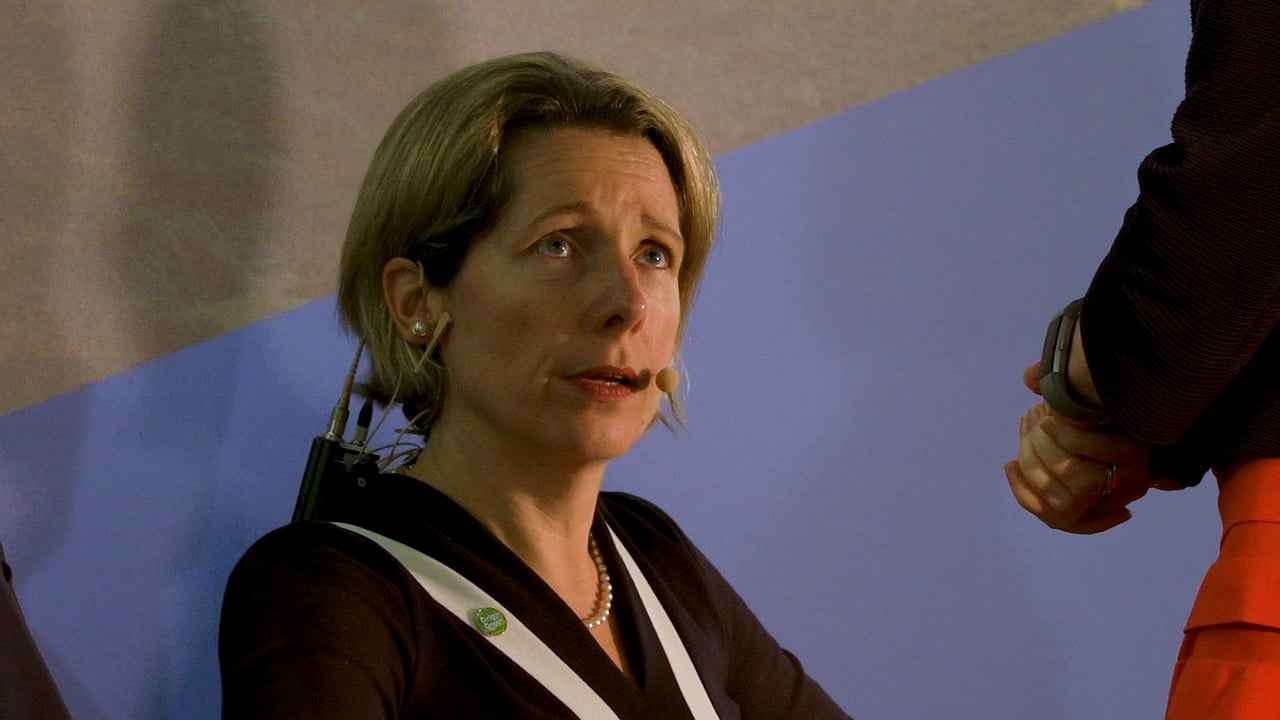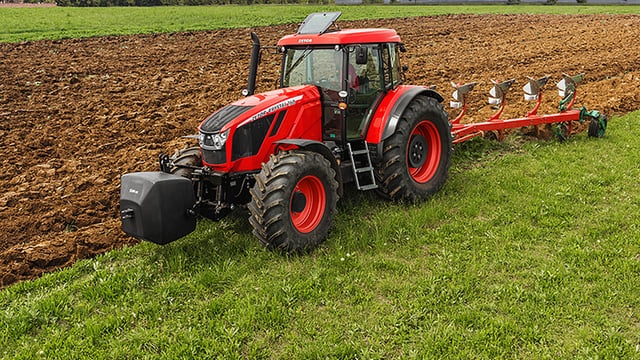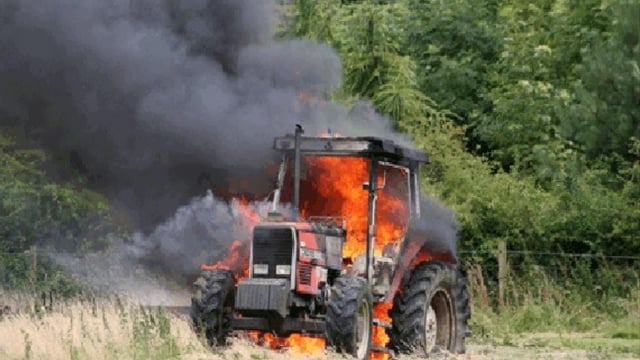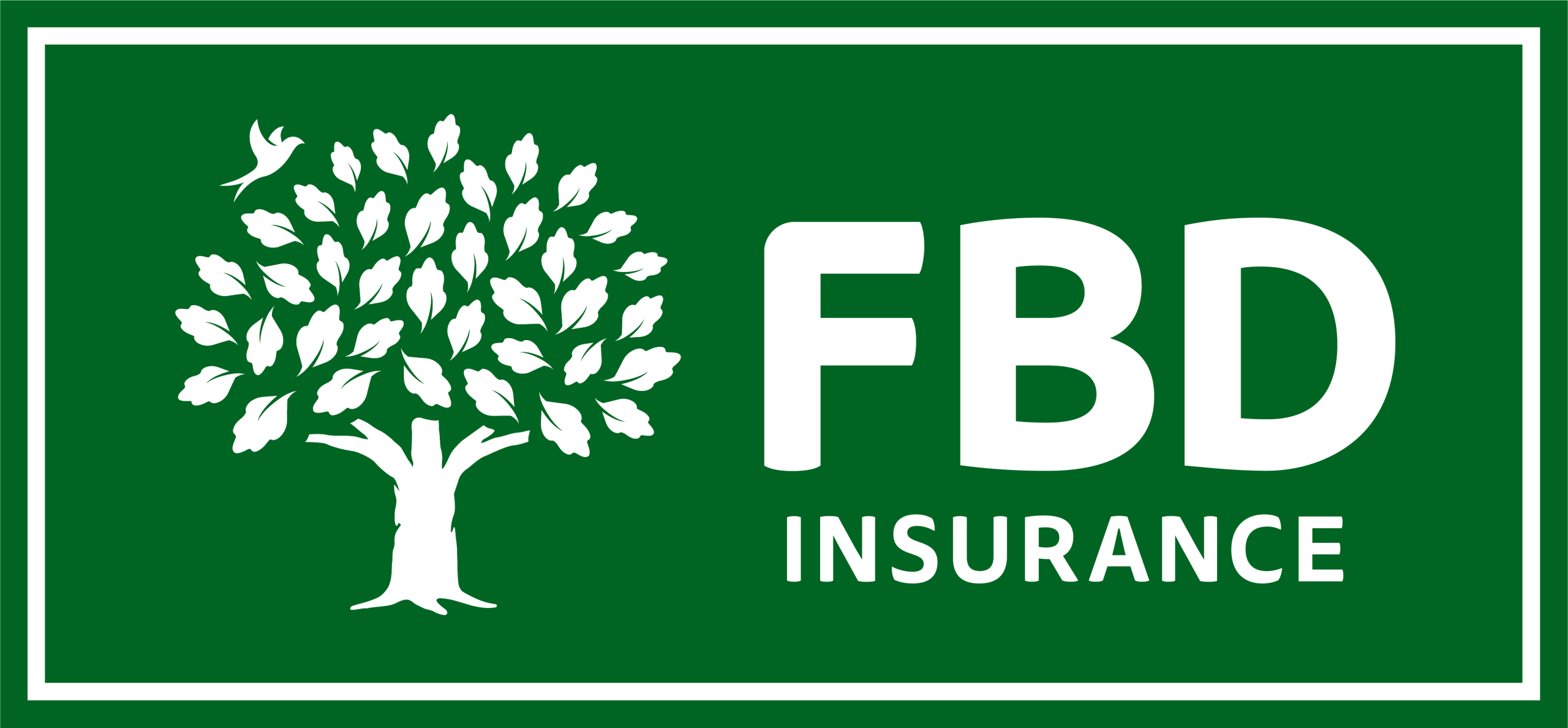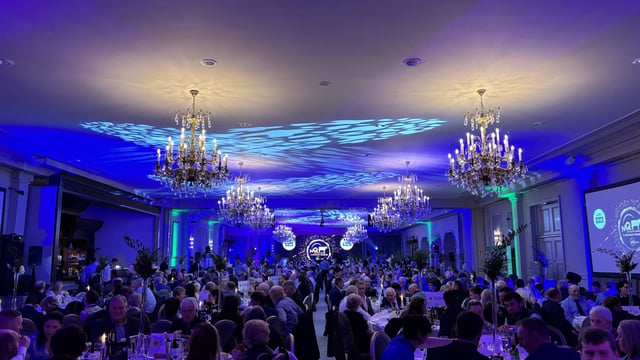The key to sustainability leadership? 'Unity' in industry, says Bord Bia
Sustainability is the "significant business challenge of our time" and it is one that is increasingly driven by demands from customers, consumers and their own social responsibility agendas.
As such, it is an area that food, drink and horticulture businesses "have worked hard to improve".
However, for respondents to a new survey, it remains the area that ranks third in terms of desire for further support.
Bord Bia this week launched its 2021 Readiness Radar – a risk diagnostic tool, designed to analyse the key challenges and opportunities facing the Irish food, drink and horticulture sector.
The report analyses the high-level risks facing the industry in key areas, such as: Covid-19; the trading environment with the UK; market diversification; talent management; and sustainability.
The results are based on a survey of 111 Irish businesses from across food, drink and horticulture, representing an estimated 60% of the all Irish food and drink exports.
Sustainability to become more important
According to Bord Bia, in the context of other disruptions like Covid-19 and Brexit, sustainability "does not pose the same risk, but is nonetheless classified as a business risk for 60%".
"Three in 10 of our food, drink and horticulture businesses classify themselves as sustainability 'leaders' with meat companies leading the charge in this regard," Bord Bia said.
As outlined in the radar, the top five sustainability priorities for businesses are: reducing packaging waste; reducing carbon emissions; reducing plastic usage; responsible product and materials sourcing; and supporting ecosystems and biodiversity.
95% of businesses feel that sustainability will become more important in the next three years.
'Unity would be my call'
When asked what Ireland needs to do in order to hold on to its sustainability "leadership" position in the food, drink and horticulture industry, Bord Bia's chief executive Tara McCarthy summed up her response in one word: "unity".
"I think we should have one point of view for our industry, one golden ambition for our industry - because that's what our reputation is and our industry reputation is fundamentally interlinked with our sustainability ambitions," McCarthy said.
Kevin Cahill, managing director of ABP's Irish and Polish operations said that as a company, ABP has "done a lot of heavy lifting on our own" thus far when it comes to scope 1 and scope 2 emissions, such as those emissions caused by the company's own activities, like energy use.
For the challenges that lie ahead, Cahill said ABP feels that it is well-positioned.
"What's top of our mind at the moment is around scope 3 - agricultural emissions," Cahill explained.
"We're going to put a lot of energy and investments into how we work collaboratively with people and our partners, looking at areas like genetics and efficiency, research farms."
Collaborative approach
Cahill said ABP is aiming to "try and change the narrative a little bit" around agriculture.
"At the end of the day, we're a beef company and we are very passionate about our products - we want to see beef as part of a nutritious and sustainable diet," he continued.
"The focus for us at the moment is about getting a collaborative approach to how the industry is viewed, how emissions are measured, so there's a fair and level playing pitch as we go forward."

